
Breast Cancer
Latest News

Latest Videos

CME Content
More News

DNA and RNA sequencing could provide insight about resistance to chemotherapy in patients suffering from triple-negative breast cancer.

Women are 70% more likely to survive stage 1 breast cancer than stage 4, and new research shows that earlier screening could catch breast cancer earlier, increasing their survival rate.

Women at high risk for breast and ovarian cancer felt less worried and better informed with educational intervention, even if their attendance of genetic counseling did not significantly increase.
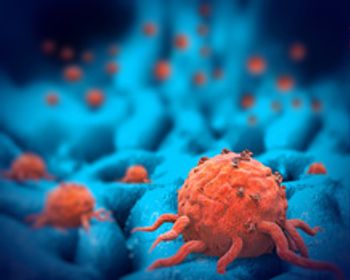
Although some physicians caution against menopausal hormone therapy, a new study finds that it does not lead to breast cancer recurrence or mortality.

New study shows that race does not influence outcomes from immunotherapy for aggressive triple-negative breast cancer.
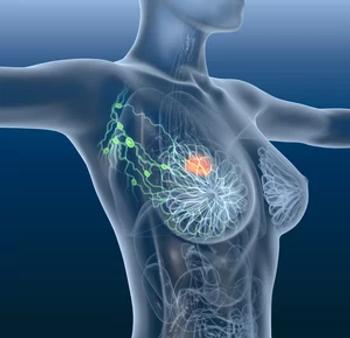
Patients can better understand the most current recommendations for breast cancer screening with the new NCCN Guidelines for Patients®: Breast Cancer Screening and Diagnosis.

Over the next few years, undiagnosed breast cancer cases may add to the demand for more rigorous end-stage treatments and therapeutics.

Patients at highest risk of cancer recurrence, including people with lymph node-positive disease, saw the greatest reduction in the risk of recurrence or death with the pertuzumab-based regimen

Breast cancer screening guidelines using mammography vary among guiding bodies, including the American Cancer Society and the American Academy of Family Physicians.
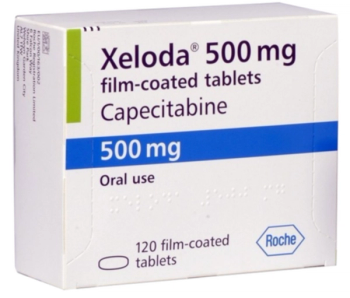
Capecitabine (Xeloda) is indicated for adjuvant colon cancer, metastatic colorectal cancer, and metastatic breast cancer.
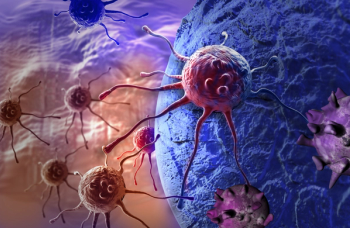
Imlunestrant is currently under investigation as monotherapy or in combination with other anticancer therapies for patients with estrogen receptor-positive, locally advanced or metastatic breast cancer and endometrial cancer.
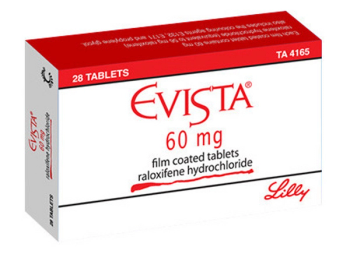
Raloxifene hydrochloride (Evista) is indicated for the treatment and prevention of osteoporosis in postmenopausal women, as well as to lower the risk of invasive breast cancer in postmenopausal women with osteoporosis.

The treatment also significantly reduces the risk of progression or death and prolonged median PFS compared with fulvestrant in all individuals without prior chemotherapy, the analysis shows.

In an analysis of data from 2 patient cohorts included in the phase 2 BYLieve study, investigators found that the data may indicate an increased dependence on the mutant PI3K-α.

Additionally, the 2-time dependent variables, dose reduction, and relative dose intensity 2 (RDI2) were included in the respective model as covariates to explore the connection to overall survival.

Further sensitivity analyses to control for family alcohol consumption, family history, liver disease, and smoking, finds no convincing evidence that these factors affected the results.

Experts discuss the role of pharmacists in improving screening rates for breast cancer, how they can support patients, and improve outcomes.

Ribociclib plus fulvestrant achieved a median overall survival of 67.6 months in the first line setting for postmenopausal women with HR-positive/HER2-negative advanced breast cancer.
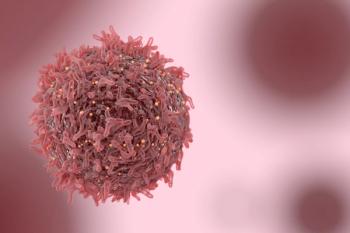
Discovery has the potential to also benefit treatment choices, investigators from Georgetown Lombardi Comprehensive Cancer Center say.

The data show that the 10-year survival rate of patients with breast cancer who survived Hurricane Katrina was much lower than those who did not face a major weather event.

Medicaid expansion implementation was associated with a decrease in the number of uninsured patients from 6.7% pre-expansion to 3.6% post-expansion.

Numbers have remained below prepandemic levels.

Investigators focus on understanding the difference in the microenvironments that surround cancer cells in the primary tumor versus the sites where it metastasizes.

Peptide-targeted radionuclide therapy FAP-2286 (Clovis Oncology) showed potent affinity for human fibroblast activation protein by biochemical and cell-based assays.

Poster at AACR highlights in vitro and in vivosynthetic lethality activity of rucaparib in multiple cancer cell types and PDX tumors that harbor genetic or epigenetic alterations in non-BRCA HRR genes.



































